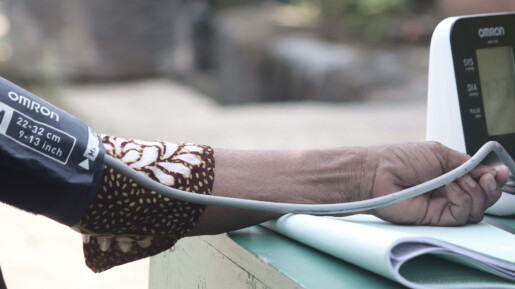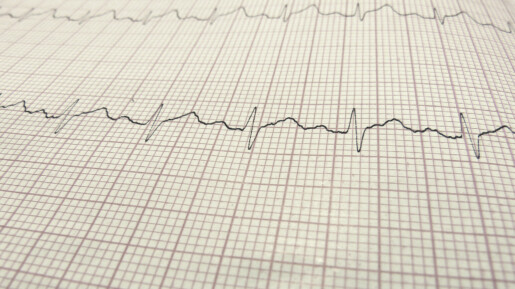What Is Atrial Fibrillation (AF)?
What is Atrial Fibrillation? is the most commonly diagnosed form of arrhythmia. One in four of us will be diagnosed with AF
How To Check Your Pulse – it Could Save Your Life
Suspicion of atrial fibrillation can often be obtained simply by measuring the heart rate. Therefore, you should know how to check your pulse
Atrial fibrillation – From symptoms to treatment
Atrial fibrillation is by far the most common heart rhythm disorder. About one in four (25%) can expect to get atrial fibrillation
Unnoticed factors that can trigger atrial fibrillation
There are many factors that can trigger atrial fibrillation – understanding these can help you avoid developing or worsening your afib.
High blood pressure (Hypertension)
High blood pressure can strain the heart and blood vessels which can lead to an increased risk of atrial fibrillation and heart failure.
How Does Your Weight Affect Atrial Fibrillation?
New studies explain more about the connection between excess weight and atrial fibrillation, and the effect weight loss has on afib.
Atrial fibrillation and alcohol
It is important to understand the difference between alcohol as a risk factor for developing atrial fibrillation or as a risk factor for relapse
Stress and Atrial Fibrillation
This article will cover the relationship between stress and atrial fibrillation as a risk factor for development and as a trigger of afib.
Healthy lifestyle and Atrial Fibrillation
A Healthy lifestyle and Atrial Fibrillation means a moderate alcohol consumption, weight loss, physical activity, and a healthy diet.
What is an electrocardiogram (ECG or EKG)
An electrocardiogram ECG is used to find out what kind of heart rhythm disorder you have. The ECG shows the electrical activity of your heart









